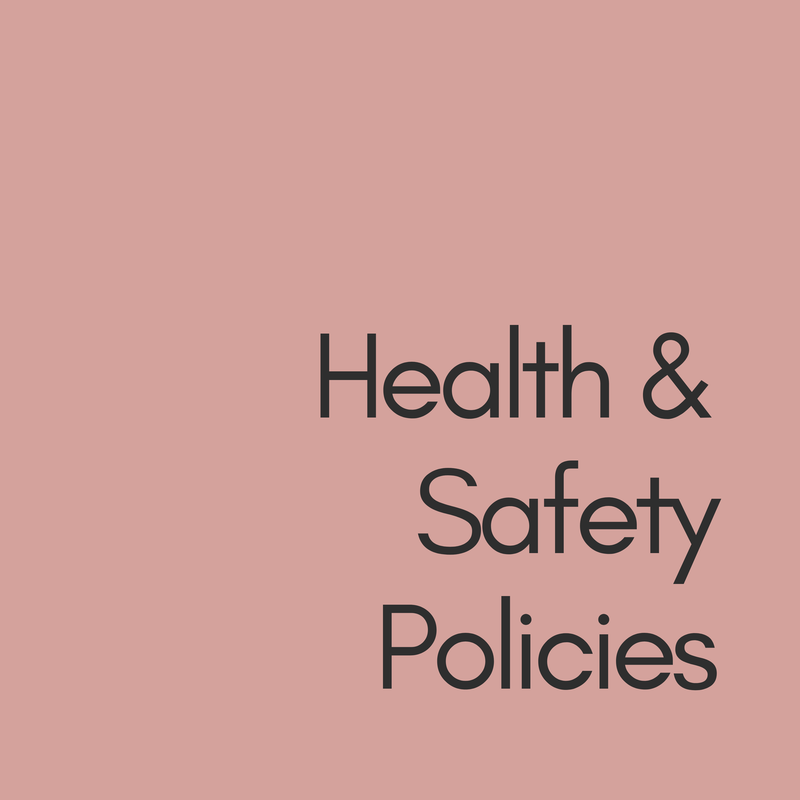Rationale
BC Waldorf Schools strive for healthy school environments for all students. This includes those students with allergies and life-threatening allergic conditions. Care for students with such health conditions is a responsibility shared among the individual, parents, schools and health care providers. The purpose of this policy is to minimize the risk of exposure to students with severe allergies to potentially life-threatening allergens without depriving the student of regular social interactions or placing unreasonable restrictions on the activities of other students in the school. Policy Statement BC Waldorf Schools recognize the dangers faced by students and staff with severe reactions to certain allergens. While the School cannot guarantee an allergen-free environment, all reasonable steps will be taken to ensure a safe environment for students with life-threatening allergies in an effort to maintain an appropriate learning environment for all students. BC Waldorf Schools adhere to the BC Anaphylactic and Child Safety Framework and Anaphylaxis Protection Order when designing forms, policies, and procedures related to supporting students at risk of anaphylaxis. Definitions Allergy – A condition in which the body has an exaggerated response to a substance (e.g. food, environmental material, drug). Allergen – A normally harmless substance that triggers an allergic reaction in the immune system of a susceptible person. Anaphylaxis – Anaphylaxis, or anaphylactic shock, is a sudden, severe and potentially life-threatening allergic reaction to triggers such as food, stings, bites, or medicines. Epi-Pen – Brand name for syringe style device containing the drug Adrenalin which is ready for immediate intramuscular administration. Minimized Risk Environment – An environment where risk management practices (e.g. Risk assessment forms) have minimized the risk of (allergen) exposure. Health Management Plan – A detailed document outlining an individual student’s condition treatment, and emergency anaphylaxis response plan, including the location of an Epi-Pen. Medical Permission Form - A detailed and parent/guardian signed document providing permission for medication administration that outlines the individual use and storage of a medication, including Epi-Pen. Procedures During the registration process, parents shall be required to provide information about medical conditions, including whether children are at risk of anaphylaxis, asthma, epilepsy and/or other serious health conditions. Parents shall complete appropriate forms when such a condition is flagged. Allergen aware areas will be noted and added to the faculty and staff notification process. Parents of students with severe allergies shall advise the school administration of any changes or updates to a new or existing serious health condition upon diagnosis. Forms shall be updated by parents/guardians and teachers and staff notified and trained appropriately. A health management plan shall be completed by parents/guardians and signed by the parent, student (when appropriate), and a physician or allergist, when possible. It is the responsibility of parents with children at risk of anaphylaxis to ensure their child has an allergy alert bracelet and an Epi-Pen (Epinephrine Auto-Injector). Teachers and staff will ensure the bracelet is worn and that Epi-Pen is stored appropriately during the school day. In BC Waldorf Schools where an allergy has been flagged within the student body, practices that reduce the risk of exposure shall be part of daily operating procedures and school activities.
Planning, Training and Emergency Response The auto-injector (Epi-Pen) provided by the parents/guardians shall be stored and available as outlined in the student's individual anaphylaxis emergency response plan and never in a locked location. Depending on the age and capacity of the student, the parents/guardians may request the epi-pen storage and availability be the responsibility of the school or they may assign that responsibility to their own child. Whoever is assigned the responsibility for the epi-pen should also ensure that it travels on off-campus activities such as field trips.
All off-site activity service providers shall be notified of the student’s severe allergy, when necessary and appropriate (e.g. camp or overnight field trips). With the consent of the parent/guardian, the Principal and Teachers shall ensure that the student's classmates are provided with information on severe allergies in a manner that is appropriate for the age and maturity level of the students. Principals shall report anaphylaxis activity to their Board of Trustees in aggregate form, as needed. Boards of Trustees shall report to the Ministry of Education regarding anaphylaxis policy and implementation. “An effective response to anaphylaxis depends on the cooperation of all members of the school
community including students, parents, public health nurses, school personnel and volunteers.” (MoECC Authority
Resources BC Waldorf Collective - AWNSA Registered Initiative, Associate, and Full Member Waldorf Schools of BC
|
Site Navigation |



